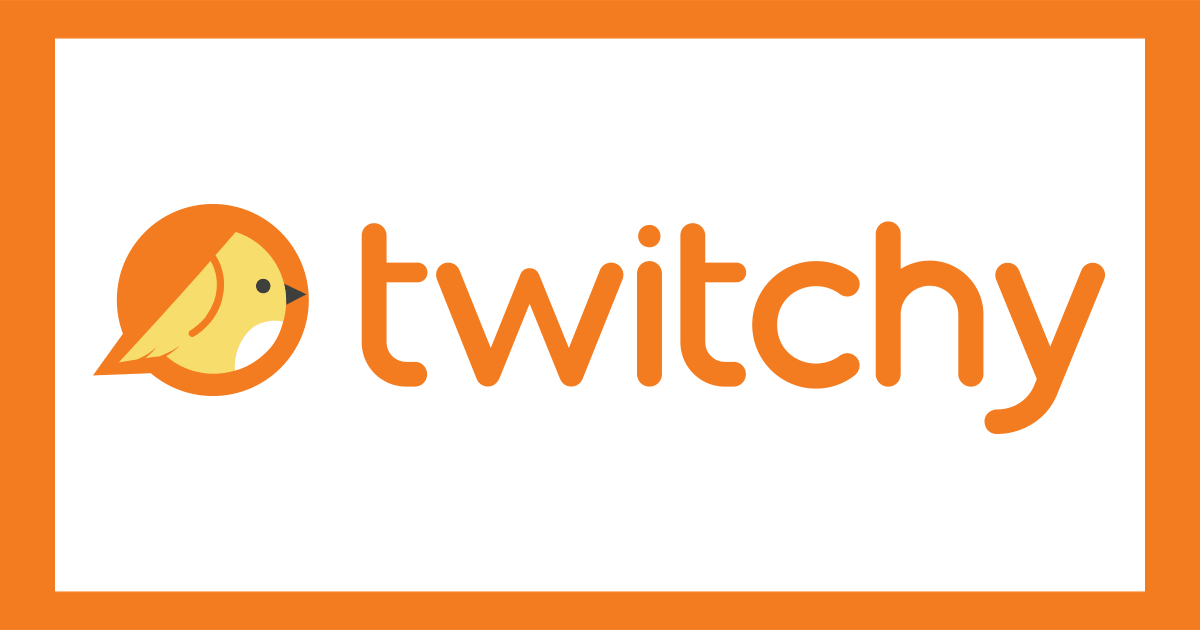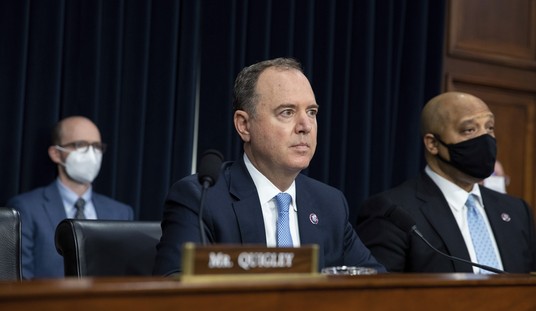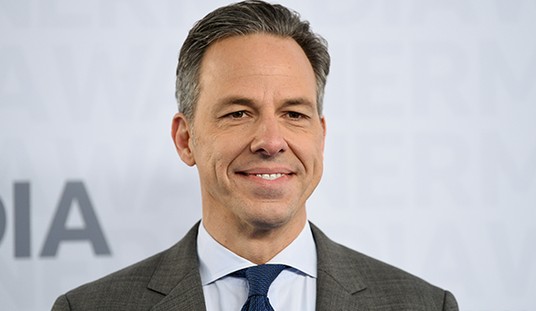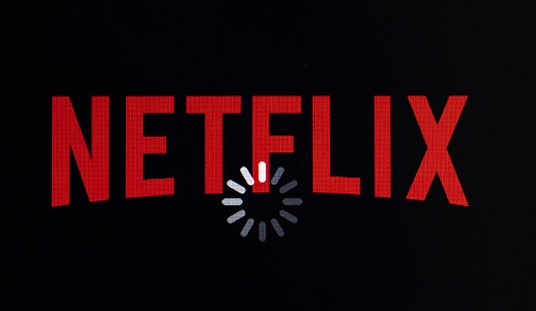It was back in September when the New York Times editorial board pondered an important question: What if, on election night, it looked like President Trump was winning, and he declared in a tweet that he’d been re-elected? How would social media handle that? Maybe, the board suggested, social media platforms “could introduce friction into the algorithms” were Trump to tweet that he won on election night to slow the news from getting around.
NPR is being especially careful and not announcing any results until they’re confirmed by the Associated Press:
NPR will not report election results being tallied or projected by news outlets that are not The Associated Press. We rely on the AP in large part because it has a track record of precision and caution.https://t.co/xDsXjaIs2M
— NPR (@NPR) November 1, 2020
Politico contributor Josh Gerstein wants to know what NPR does if one of the candidates declares victory in a particular state? What will NPR do to protect its listeners from that harmful information?
What if a candidate, some candidate, claims victory in a state? What steps are in place to protect NPR listeners from that news? https://t.co/KOQYdevFtH
— Josh Gerstein (@joshgerstein) November 1, 2020
'I'm 12 & how does radio work.'
— Geoffrey Miller (@primalpoly) November 2, 2020
NPR already pledged to protect its listeners from any news arising from Hunter Biden’s abandoned laptop.
I personally like Macks ear plugs when I don't want to hear something. There's always the good old fingers in the ears, la-la-la method.
— Ginny Gin Gin (@gint518) November 2, 2020
There aren't enough pearls in the ocean for NPR listeners to clutch
— kc2fargo (@kc2fargo) November 2, 2020
I don’t think that @NPR is going to meet this moment. They haven’t for the last four years.
— Alex Dreier (@AlexDreier) November 1, 2020
Recommended
No worries, Gramma and I always flip between radio stations so that we are fully informed.
— davey daverino (@Davey_Sojourner) November 2, 2020
Being a grownup helps.
— Wayward Viking (@NotThatLars) November 2, 2020
I’ve never heard of needing to be protected from the news. That’s a new one on me.
— Fisher of Meh ? (@fisherofmeh) November 2, 2020
Protect? What the heck?
— Miriam M ??? (@Mirmez5) November 1, 2020
Yes, public radio thinks it has a duty to protect the populace from publicly available information. That struck me as well
— David *Under Trunalimunumaprzure* Bowiescock (@DavidBowiesCock) November 1, 2020
?If this tweet doesn't perfectly capture the mindset of modern journalism, I don't know what does. ?
— OregonMuse (@OregonMuse) November 2, 2020
Are you an adult man?
— Thomas Brown ? (@Tbrown291) November 2, 2020
It’s called the OFF button
— Ranch Style (@ranch_style) November 2, 2020
Ear plugs, a baby blanket, warm soy milk, and a pacifier.
— Stephen REEEE (@Stephenkek101) November 2, 2020
NPR has a great track record at protecting NPR listeners from information.
— Adam Franklin (@isaygooddaysir2) November 2, 2020
"Protect"
These people are out of their minds and have to be "protected" from news of what is happening in the world.
— Hold Ten for the Big Guy (@THATCH_ARISES) November 2, 2020
You could just isolate until jan 21 and find out then
— Ryan Frazier (@rockinryanf) November 2, 2020
I'm assuming this is facetious. But ya never know nowadays.
— Patrick H. (@trogdor8768) November 2, 2020
Maybe?
Stay away from NPR and you will be safe.
— Chris Christensen (@dwc8647) November 2, 2020
You can put your tampons in your ears to avoid hearing about it.
— Dia de los Tonys (@LoneStarTexian) November 2, 2020
If Biden has a lead, NPR will report that and only that.
— Victor (@victorsfaculty) November 1, 2020
You know it.
Related:
‘WHAT?’ NPR’s managing news editor issues ‘incredible statement’ defending decision to completely ignore NY Post’s Hunter Biden stories https://t.co/LOlT5UXSRZ
— Twitchy Team (@TwitchyTeam) October 22, 2020
























Join the conversation as a VIP Member